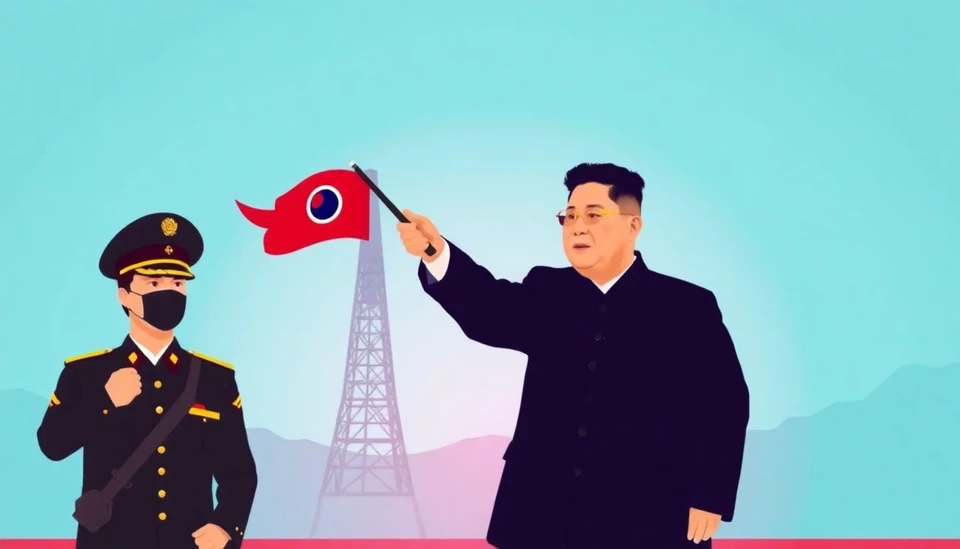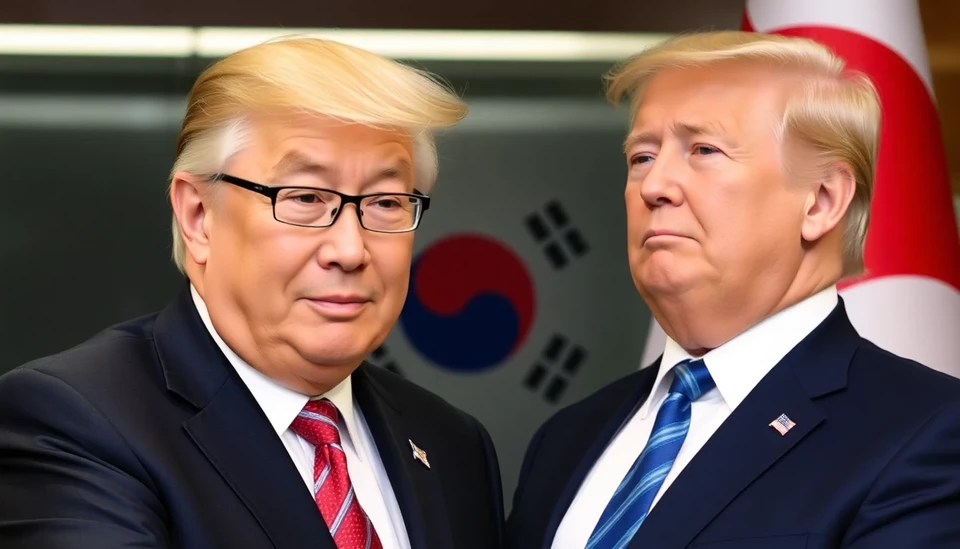
South Korea finds itself at a crossroads as the recent declaration of martial law has raised pressing questions about the future of its nuclear energy initiatives. This controversial step, taken in response to escalating tensions and public unrest, underscores the delicate balance the government must maintain as it seeks to enhance its nuclear capabilities amidst a global energy crisis.
This decision comes at a time when South Korea is pushing to expand its nuclear power program, aimed at reducing reliance on fossil fuels and addressing the growing demand for energy. However, the implementation of martial law casts a shadow over these efforts, with observers highlighting the potential implications for foreign investments and public support.
The government's militarized response has triggered significant backlash from various sectors of society, including environmental groups and local communities who have long been skeptical of nuclear power. Critics argue that the approach undermines public trust and raises safety concerns. In recent years, South Korea's nuclear program has already faced scrutiny due to incidents related to safety standards and waste management.
Furthermore, the martial law situation has hindered ongoing discussions about the future of nuclear energy in South Korea. Stakeholders are concerned that such a rigid political environment could deter potential international partners who are essential for technology transfer and investment in nuclear infrastructure. This could slow down South Korea’s ambition to become a leader in nuclear energy, particularly in light of its commitment to carbon neutrality by 2050.
The government has attempted to quell fears by reassuring citizens that the martial law is a temporary measure aimed at restoring order. Nevertheless, the skepticism remains, with many questioning the true motives behind this declaration and its potential long-term impacts on the nuclear sector, which is envisioned to play a critical role in the country’s energy transition.
As the political landscape unfolds, the implications of this martial law declaration will continue to ripple through the energy sector. Analysts are keeping a close eye on how this situation evolves and whether it will prompt a re-evaluation of South Korea’s energy strategies going forward. Observers note the essential need for a cohesive public dialogue surrounding nuclear energy — one that can address safety concerns while also promoting transparency and fostering trust among citizens.
The future of South Korea's nuclear power ambitions hinges not just on technological advancements and investment, but also on the ability to navigate these tumultuous political waters effectively. As the nation grapples with the challenges at hand, it must find a path that balances energy needs with public safety and environmental considerations.
In conclusion, while South Korea is poised to make significant strides in nuclear energy, the current martial law situation presents a myriad of challenges. To move forward successfully, it is vital for the government to engage constructively with the public and critics alike, ensuring that the drive for energy independence does not come at the expense of safety and social cohesion.
<>#>SouthKorea #NuclearEnergy #MartialLaw #EnergyCrisis #PublicSafety #Investments #EnvironmentalConcerns #EnergyTransition #CarbonNeutrality #PoliticalImpact<
Author: Peter Collins

